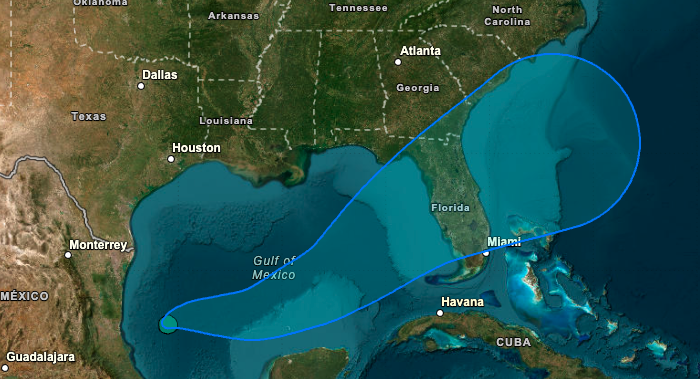What to Know
- A group of scientists are concerned about rising sea levels and
Across the globe, climate change is causing stronger hurricanes, heavier rainstorms and deadlier droughts. But for people in South Florida, there's an even bigger concern.
The planet's four hottest years on record are 2014, 2015, 2016 and 2017. As temperatures have risen, sea levels have risen and that means more and more South Floridians will be fighting to keep water out of their homes in the coming years.
For centuries, Americans have been building homes as close to the water as possible. People who can afford it are willing to pay more for the beauty and tranquillity of the ocean. But climate change is putting the future of that property at risk.
The planet has warmed one degree Celsius in the last 30 years, and sea levels are now rising at an alarming rate.
"It happens for two main reasons," said Nicole Hernandez Hammer of the Union of Concerned Scientists. "The first is that there is more water since the land-based ice is melting and also, as water gets hotter, it expands."
Hammer said we've seen over eight inches of sea level rise in the last 100 years and we're seeing the impact of that sea level rise through sunny day flooding.
Local
A new study by the Union of Concerned Scientists is looking at the real cost of chronic inundation, which is flooding that happens at least 26 times a year.
"By the year 2045 -- so less time than it would take to pay off a mortgage if someone bought a home today, there are over 300,000 properties throughout the lower 48 that would be experiencing chronic inundation," Hammer said.
That number jumps to 2.4 million by the year 2100. Those 2.4 million properties, according to today's values, are worth over one trillion dollars.
Florida is a state that is most at risk for chronic inundation and sea level rise in the lower 48 and represents 40 percent of the risk, Hammer said.
As for a solution, Hammer says the study found that if the U.S. stays in the Paris climate Accord, the majority of the properties at risk in Florida would be spared the worst.
"So we can take action, but that window for us to take action is quickly closing," Hammer said.
For more information about the study and how sea level rise could impact homes in your area, visit ucsusa.org.



